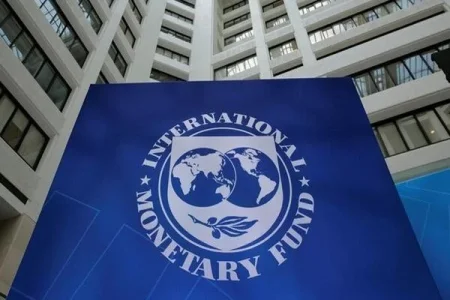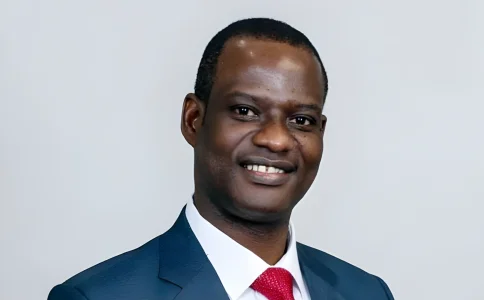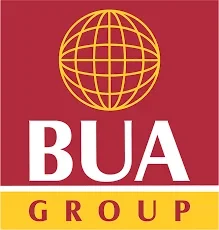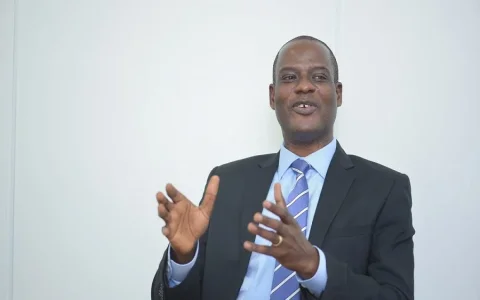
Nigeria is no longer listed among countries indebted to the IMF, marking a symbolic financial shift — but with domestic borrowing still high, the relief may be short-lived.
- The IMF’s updated list no longer shows Nigeria as a debtor nation.
- Nigeria last received $3.4bn in emergency funds during COVID-19.
- The federal government has repaid the loan in full, according to the IMF.
- Economists say this doesn’t mean Nigeria is free from debt pressure.
- Domestic borrowing and currency challenges remain major concerns.
On paper, this looks like good news — Nigeria has settled its IMF dues. But for many citizens facing rising inflation and shrinking purchasing power, the bigger question is: will this translate into meaningful change? Experts say Nigeria’s total debt burden is still heavy, just more local than external now. It's progress, but not a free pass.
Encouraging step, yes — but is it a turning point or just a headline? Let’s see how the government manages what comes next.




